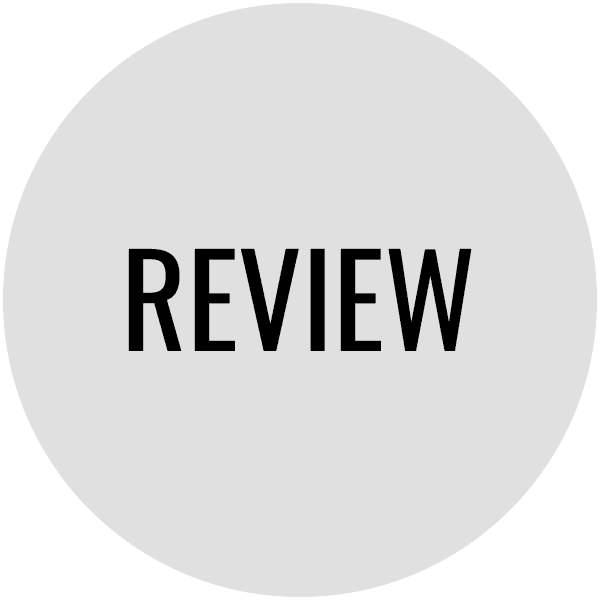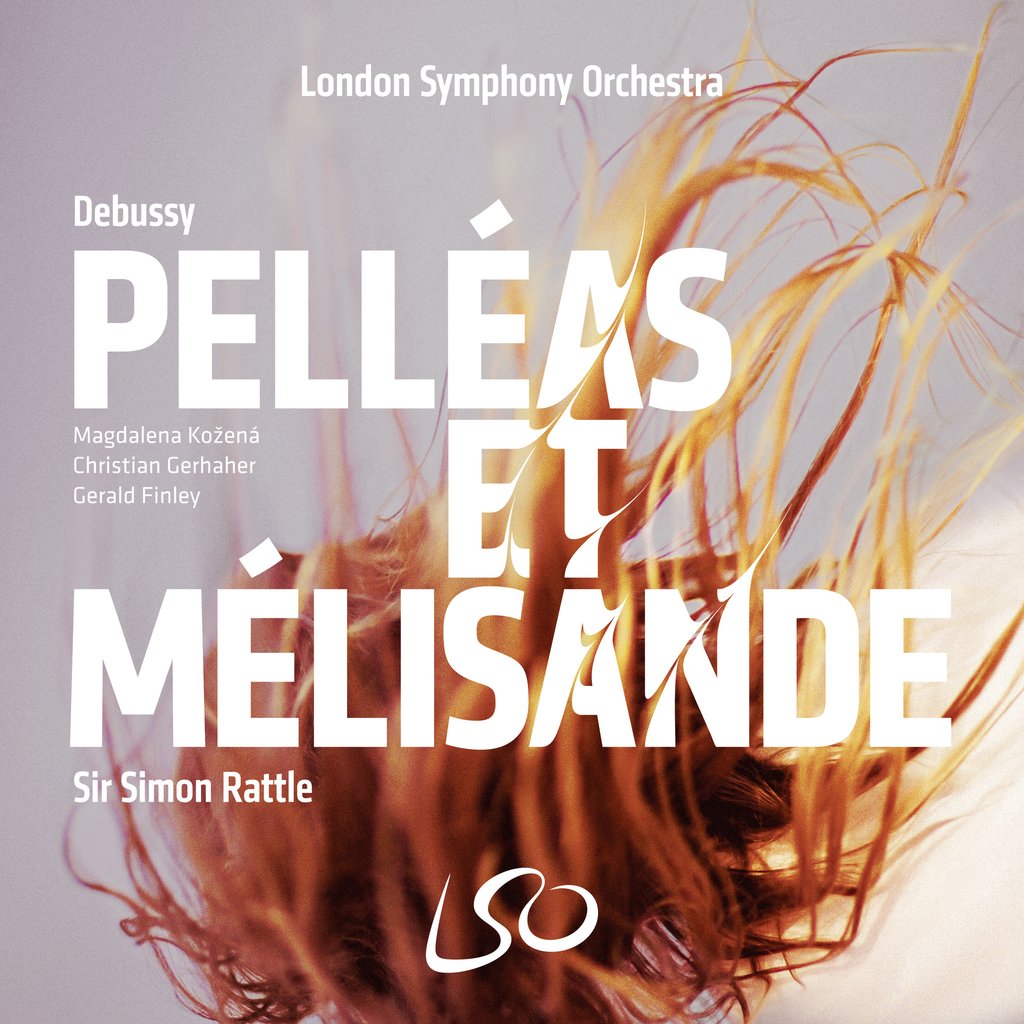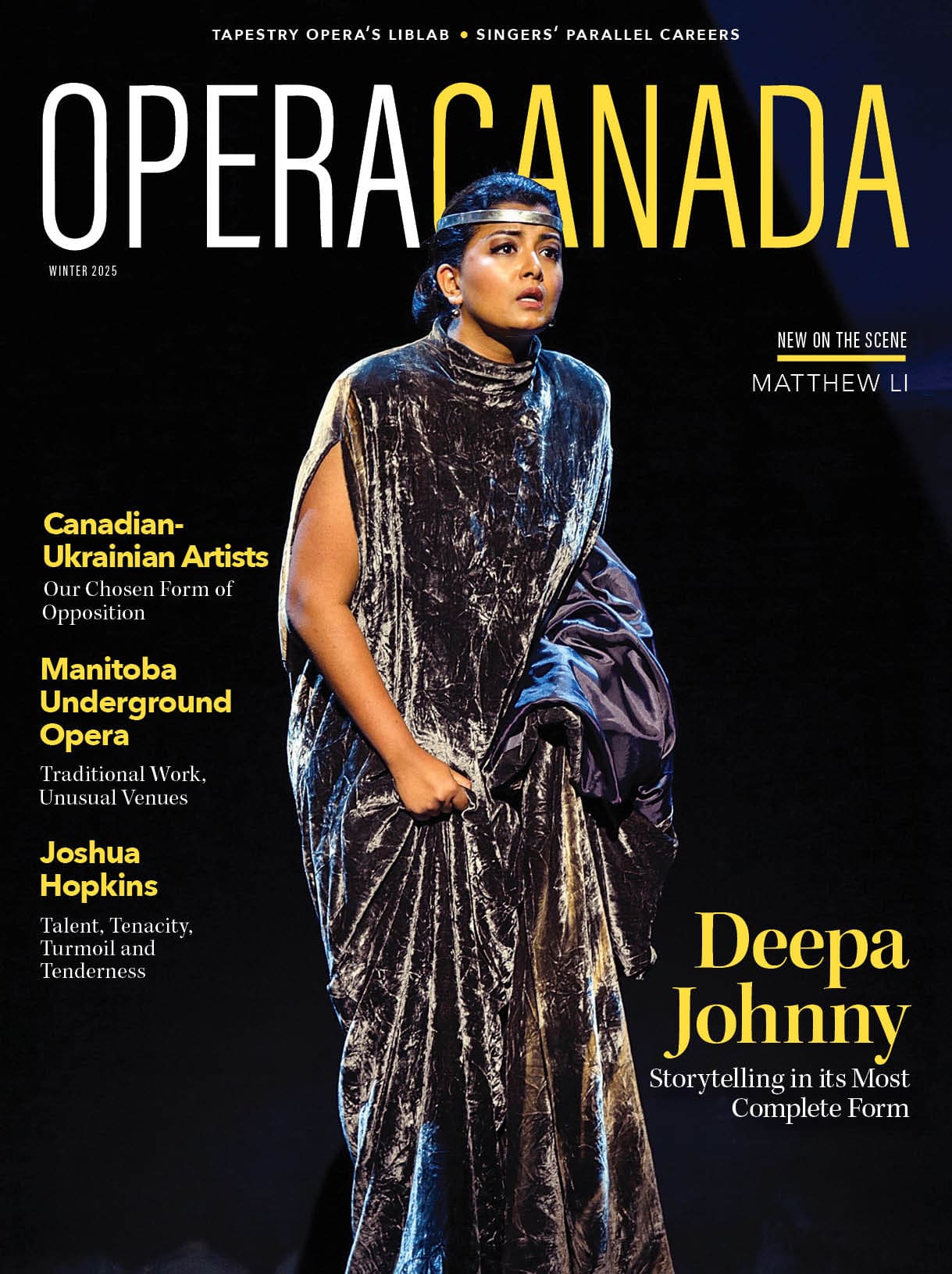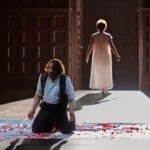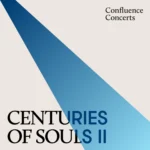It was a banner month of June for Canadian singers in the UK. First, mezzo Simone McIntosh proudly represented the Maple Leaf at the 2023 BBC Cardiff Singer of the World Competition. She delivered a stellar aria round in the competition’s opening heat on June 11–a true “Group of Death” that included South African soprano and Main Prize finalist Nombulelo Yende–kid sister of Pretty, who recently wowed Brits at the Coronation; beguiling South Korean tenor and Song Prize winner Kim Sung-ho; and English bass William Thomas, an audience favourite.
McIntosh delivered an ambitious opera excerpts program that showed off her musical and dramatic range, with arias by Handel (“Si, la voglio et l’ottero” from Serse); Donizetti (“All’ afflitto è dolce il piano” from Roberto Devereux); Strauss (“Sein wie wieder gut” from Ariadne auf Naxos); and Berlioz (“Dieu! Que viens-je d’entendre” from Béatrice et Bénédict). The last aria was particularly impressive, showcasing delightful acting, perfect French diction and a ravishing, clear tone that easily filled St David’s Hall. The next day, McIntosh’s exquisite interpretation of Strauss lieder clinched her one of five spots in the Song final. Here again she took programming risks, avoiding her Strauss comfort zone completely and finishing her performance with three Rachmaninov songs in Russian that pushed her voice to its upper limits. Each of the other four finalists performed something by a composer from their own country—it was fantastic hearing songs in Korean, Zulu, and Xhosa—and it would have been lovely to hear McIntosh sing a Canadian work. Ultimately her efforts didn’t pay off with a win, but she was able to leave Cardiff having done her country proud and with many new Welsh fans, judging by the enthusiastic audience reception she received.
Earlier that week, on June 10, baritone Brett Polegato made his role debut as Scarpia in Tosca at Grange Park, Wasfi Kani’s romantic jewel-box of an opera house, set amid the plush rose gardens and ancient mulberry trees of a Surrey estate. Polegato was born to play this role. So many singers just bark and leer their way through Scarpia, but Polegato’s interpretation possesses rare nuance and subtlety, both vocally and dramatically. Demonstrating superb control, Polegato takes his magnificent, lustrous bass baritone from velvety croon to chilling snarl in a single phrase, and succeeds in conveying the character’s avarice and anxiety, his cold, calculating mind as well as his cruelty. This is no buffoonish, lecherous baddie but a fully inhabited, believable and infinitely more menacing villain.
Polish soprano Izabela Matula was a fiery, passionate Tosca, sweeping the audience along with her on the character’s journey from jealous diva to self-sacrificing warrior. She displayed fearless, physical acting and a powerful voice with a cool, metallic colour. Georgian tenor Otar Jorjikia was less engaging as Cavaradossi; the voice is commanding and correct, but lacks sensitivity or contrast between light and shade, and his old-fashioned, staid acting was eclipsed by the two other leads.
Stephen Medcalf’s staging sets the drama in the late stages of WW2, with Italy about to be taken by Allied forces. The concept works well–we understand that Scarpia is not top dog here, and is eager to please his more ferocious masters–although the decision to include Nazi officers in swastika armbands onstage caused a few audience members to gasp. Designer Francis O’Connor’s bombed church and floodlit rooftop prison camp in Act III were particularly effective at creating the illusion of height and volume within the limitations of the space; the 1940s costumes in deep blacks and rich jewel tones nodded rather cleverly to the traditional Napoleonic staging. The BBC Concert Orchestra sounded wonderful in the pit, although conductor Nathaniel Anderson-Frank’s pacing was often too slow and a little too careful. Tosca continues at Grange Park Opera until July 5. Visit www.grangeparkopera.co.uk for more details.
Finally, on June 23, another Canadian baritone, Daniel Okulitch, performed in the UK premiere of Joby Talbot and Gene Scheer’s Everest in a semi-staged version at the Barbican Centre in London. Okulitch sang the role of adventurer Beck Weathers, which he created at Everest’s Dallas Opera world premiere in 2015. Okulitch was in fine voice, switching between hallucinatory bravado and desperate fight for survival. Tenor Andrew Bidlack and mezzo Siân Griffiths were deeply moving as the doomed expedition leader Rob Bell and his pregnant wife Jan Arnold. Montreal native Nicole Paiement kept a taut, exacting rein on the BBC Symphony and divided BBC Singers on stage, but balance proved challenging; Talbot’s dense, mountainous orchestration at times overpowered even Okulitch’s hefty voice. The score is at its best when the choir is inexorably ticking through the deadly passing minutes, and in the tender, satellite phone farewell between Rob Hall and his wife. The weight and despair of the story were felt even more keenly in the context of the Titan submarine disaster, another example of a wastefully lethal encounter between nature and human pride. In the closing minutes of the opera, the names of the more than 300 lives Everest has claimed since the early 20th century. A large number of those were Nepalese sherpas in the service of wealthy elites, a sobering reminder of the cost of such hubris and obsession.
Related Content ⬇
Opera Canada depends on the generous contributions of its supporters to bring readers outstanding, in-depth coverage of opera in Canada and beyond. Please consider subscribing or donating today.

